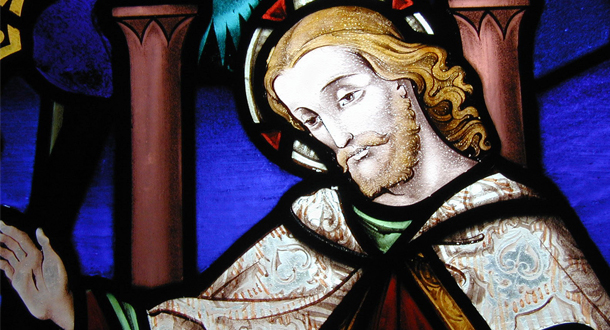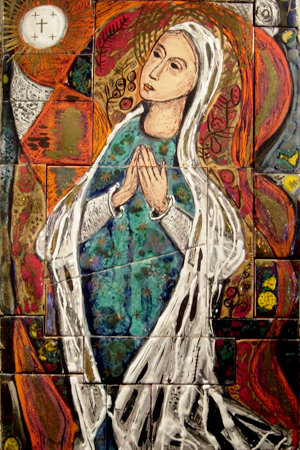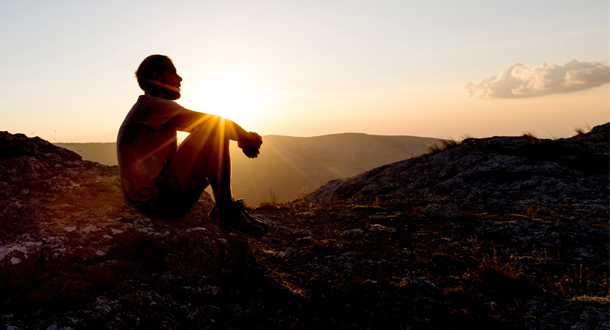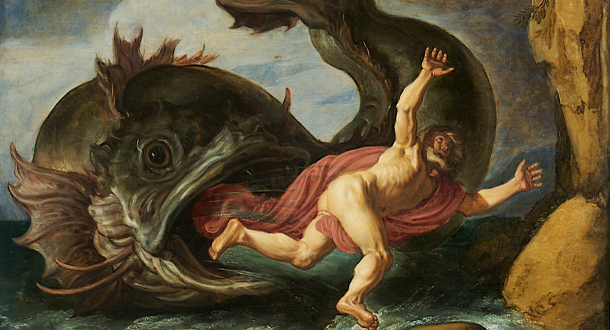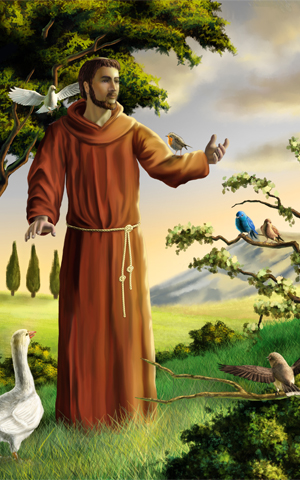
Scripture:
Reflection:
Blest Are They Who Hear the Word of God and Keep It
Learning words is like walking along the beach looking for shells. We see shells tumbling in the surf. We catch an attractive one, hoping it isn’t broken as we examine it, so we can add it to our collection. So with words. From the tumble of sounds around us we find them, and add them to our collection. They are made pretty with accents, our nuances; we show them in spelling bees when we are in grammar school. We will use them in prayer, in exploring the meaning and telling the mysteries we discover, in expressing love.
Blest are they who hear the word of God and keep it.
Accumulating our vocabulary is work. There are wordsmiths like blacksmiths who spend time at the forge, others whose words are so plain we admire the clarity in their simplicity. Our words carry us through every ordinary day as we speak them over a meal, into our phone; some we yell from one room to another, a ‘bye’, a ‘thanks’, an ‘I love you’.
The poet Lila Chatti works her way through the alphabet, ‘apricot’ to ‘zero’ in a profound reflection of losing our words. “All she lost she lost at once. Her mouth could no longer offer, at breakfast, apricot, acerbic syllables on the tongue.”
“Echo (All She Lost She Lost)” is the name of her poem. I thought of my father with aphasia following a stroke, and people whose collection of words have gotten spun around like the seashells in the surf or have become misplaced and hard to find when it is time to show them. Chatti’s poem continues through the alphabet, “…she would have gladly relinquished jest and jejune and jacaranda to keep kindness and kinky and kin, lemon and lace and love, perhaps this is what she longed for most…she resented…the birds their unavailing refrains, undeserving of their instruments and uncharitably vociferous at dawn…what she would give to whisper yellow just once to what was, petals and morning yawning brightly before her, to sigh, yes, to say you, oh, to say you — but her maw hung open. Futile, zero, destitute”
The ‘Ephatha prayer’ prayed while touching the lips, ‘May your lips be opened. May you learn to laugh and to speak the languages of men and women, giving God praise for the love given to you.’ May the Lord protect us from aphasia of God’s word. Let us pray for those who are speechless, praise-less, and destitute. May the word they have heard echo and keep them, “alleluia”, “Amen”, “I do”, “Lord, have mercy”, and “Your will be done”.
Blest are those who hear the word of God and keep it.
Fr. William Murphy, CP is the pastor of Immaculate Conception parish in Jamaica, New York.

